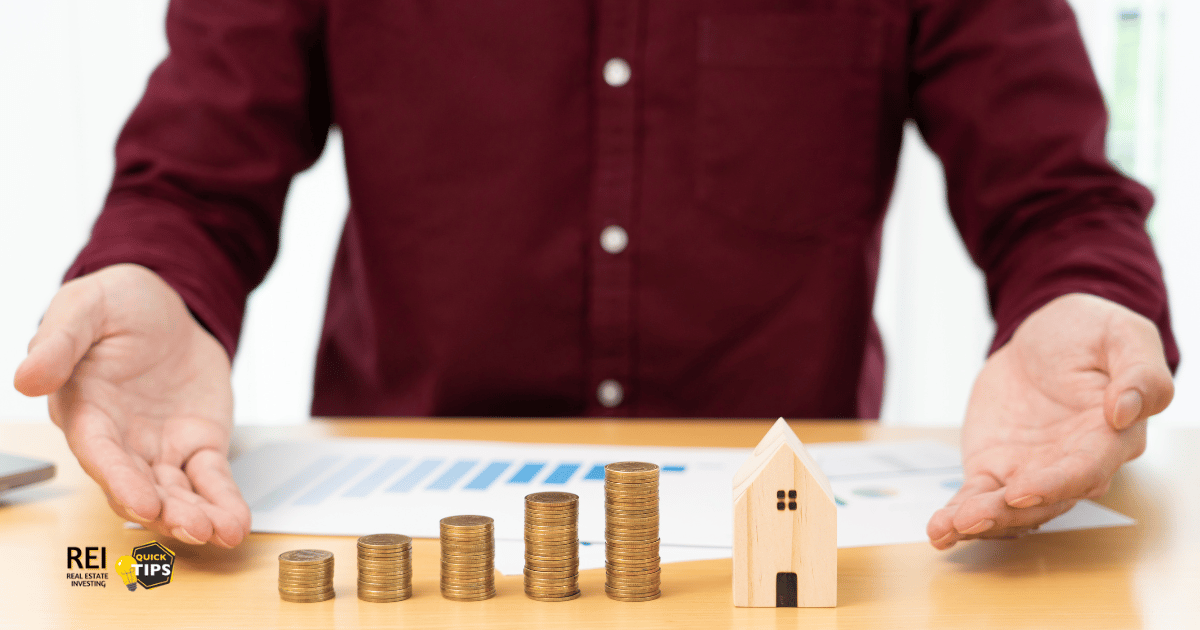Learn AI in 5 minutes a day
This is the easiest way for a busy person wanting to learn AI in as little time as possible:
Sign up for The Rundown AI newsletter
They send you 5-minute email updates on the latest AI news and how to use it
You learn how to become 2x more productive by leveraging AI

How to Assess the Potential Appreciation of a Property
You can’t predict the future — but you can make an educated guess.
When investors talk about appreciation, they’re betting that a property's value will increase over time. It’s not a crystal ball thing — it’s a fundamentals thing. Here’s how to gauge whether a property's value is likely to rise:
🔍 1. Study Historical Trends
Look at the 5–10 year price history for the neighborhood or ZIP code. If prices have steadily climbed (even with a few dips), that’s a promising signal. Use tools like Redfin, Zillow, or HouseCanary to pull local comps and trend data.
🏗️ 2. Check for Growth Indicators
Are businesses moving in? Are there major infrastructure projects (new highways, stadiums, hospitals)? These usually lead to demand spikes — and prices follow demand.
👨👩👧👦 3. Pay Attention to Demographics
If young professionals or families are flocking to the area, expect upward pressure on prices. Rental demand can be a leading indicator of future appreciation.
📈 4. Look for the “Worst House in the Best Area”
Upside potential often lies in neglected properties within thriving neighborhoods. If everyone else is renovating and raising values, you’ve got a built-in lift.
🚩 5. Watch Out for Appreciation Myths
A property doesn’t appreciate just because you want it to.
Hot markets can cool.
Improvements don’t always raise value proportionally.
Pro tip: Appreciation is a bonus — not the plan. Make your deal work based on current numbers. If appreciation shows up? That’s icing.


